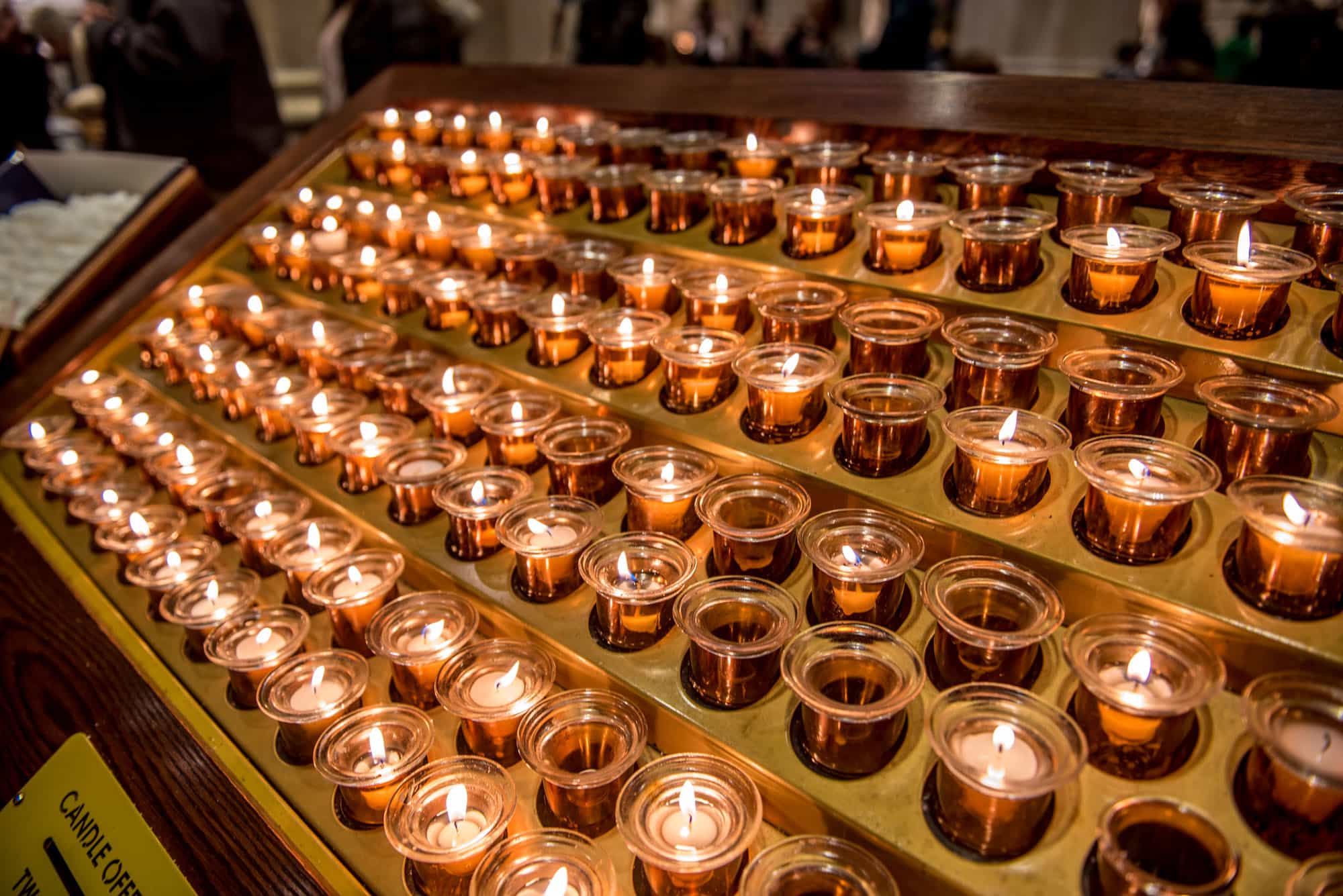Something beautiful about Christianity is its paradox of simplicity and depth. It is accessible to nearly everyone. That is, almost anyone can learn to understand the heart of Christianity. Yet, we encounter its profound depths as we discover the infinite nature of the Trinity’s heart.
This infinite depth is mysterious.
For example, Jesus tells us that he brought the kingdom of heaven with him (Matthew 4:17). It’s here but not in its entirety. Our broken world groans, and yet, “the kingdom of heaven is at hand” (Matt 4:17; BibleGateway, ESV). Sometimes or oftentimes, it takes Divinely-inspired imagination to see its presence.
Another example of the deep mystery is when Jesus says that he is in his Father, and we are in him, and he is in us. (John 14:20). Jesus talks of this union to him as a vine and its branches.
He says, “I am the true vine, and my Father is the vinegrower. … Abide in me as I abide in you. Just as the branch cannot bear fruit by itself unless it abides in the vine, neither can you unless you abide in me. I am the vine, you are the branches. Those who abide in me and I in them bear much fruit, because apart from me you can do nothing” (Jn 15:1, 4-5; The Life With God Bible, NRSV).
We abide in him and he in us. In other words, when we remain in him, he remains in us. We are in Christ, and he is in us so totally that we share in his birth (Jn 3:1-17), his life (Colossians 3:4), his relationships (Jn 17:6-12, 20-23), his death (Romans 6:3-6; Col 3:3; Galatians 2:19-20), his resurrection (Rom 6:4; Rom 8:11; Col 3:1-30; Gal 2:19-20), his ascension (Col 3:1; Ephesians 2:6), his heavenly reign (Eph 2:6), and his glory (Col 3:4; Jn 17:15-19, 22; 2 Corinthians 3:18).
Lot went to Joseph and said, "Abba, as far as I can, I keep a moderate rule, with a little fasting, and prayer, and meditation, and quiet: and as far as I can I try to cleanse my heart of evil thoughts. What else should I do?" Then the hermit stood up and spread out his hands to heaven, and his fingers shone like ten flames of fire, and he said, "If you will, you can become all flame."
Christ invites us to follow him, which means we are to become like him. We are being spiritually formed whether we know it or not. The world spiritually forms us. But we want Christ alone to spiritually form us. Becoming Christlike takes a lifetime. But if we desire and intend to and then try, the Trinity helps us progress in The Way. And as we do, we begin to be transfigured. We begin to look more and more like Jesus.
When Isaiah saw who he was and whom God is, it was a transfiguration of sorts.
It was when Isaiah recognized just how wholly other he was from the Holy Other that the seraphim flew over to him and he experienced what I imagine was a moment of transfiguration: He had been beside himself, crying about his and his people’s unclean lips. The seraphim flew over and touched a hot coal to Isaiah’s lips to blot out his sins and remove his guilt.
Isaiah fully grasped why human life is as it is, for over against what God is he saw himself as he was. And he burned to be "other."
Isaiah’s heart burned to be holy other as God is Holy Other, and thanks to God’s mercy shown via the seraphim, Isaiah's lips literally burned to enable him to be holy other.
Do our hearts burn to be other, so that God can burn us to be other—in his likeness? We are invited to become all flame.
“But we all, with unveiled face, beholding as in a mirror the glory of the Lord, are being transformed into the same image from glory to glory, just as by the Spirit of the Lord” (2 Cor 3:18, NKJV; BibleGateway).

